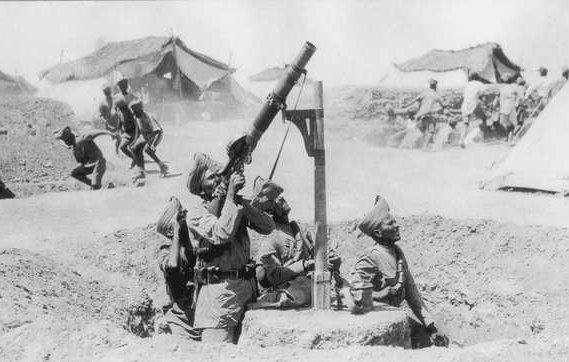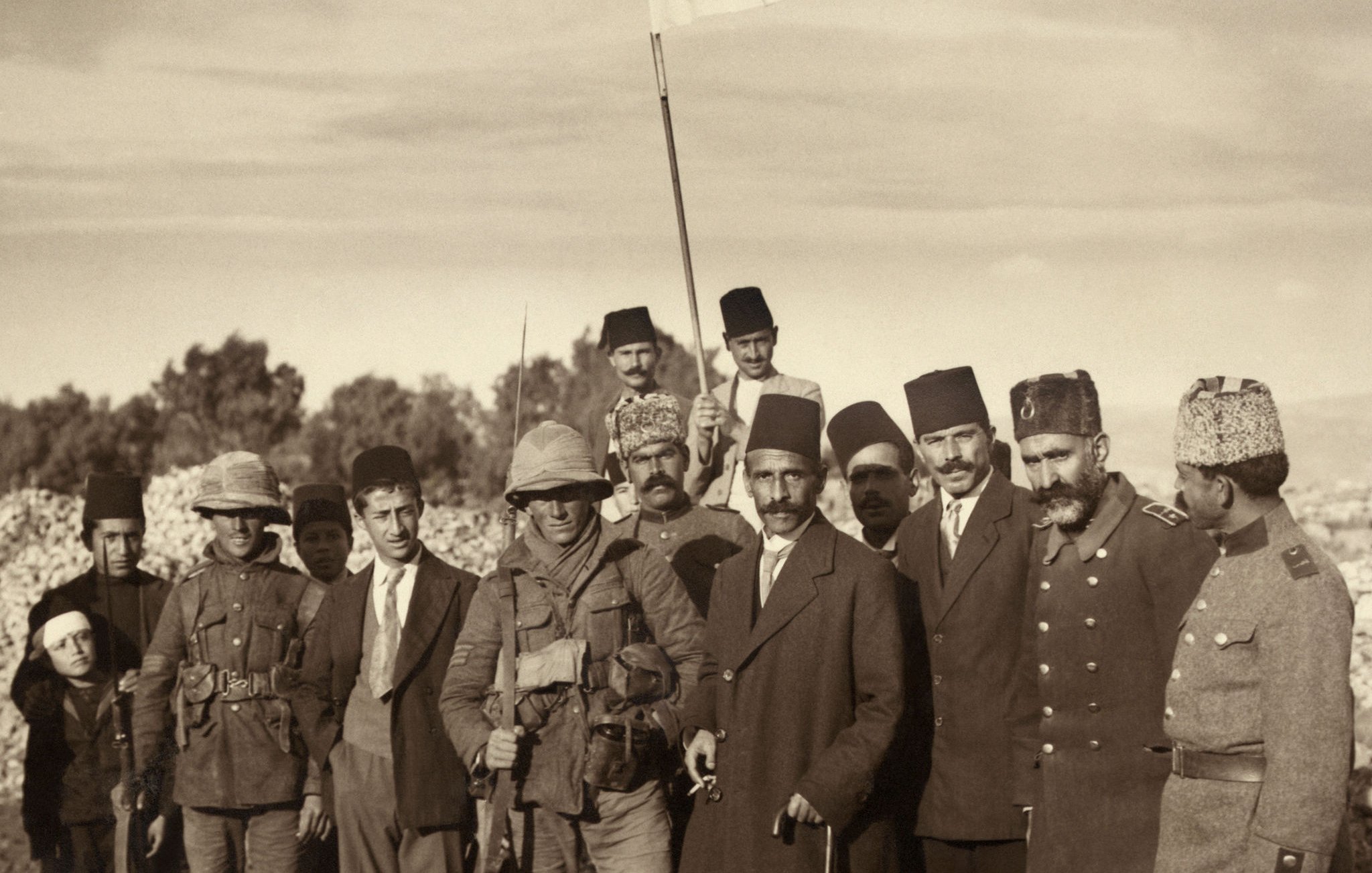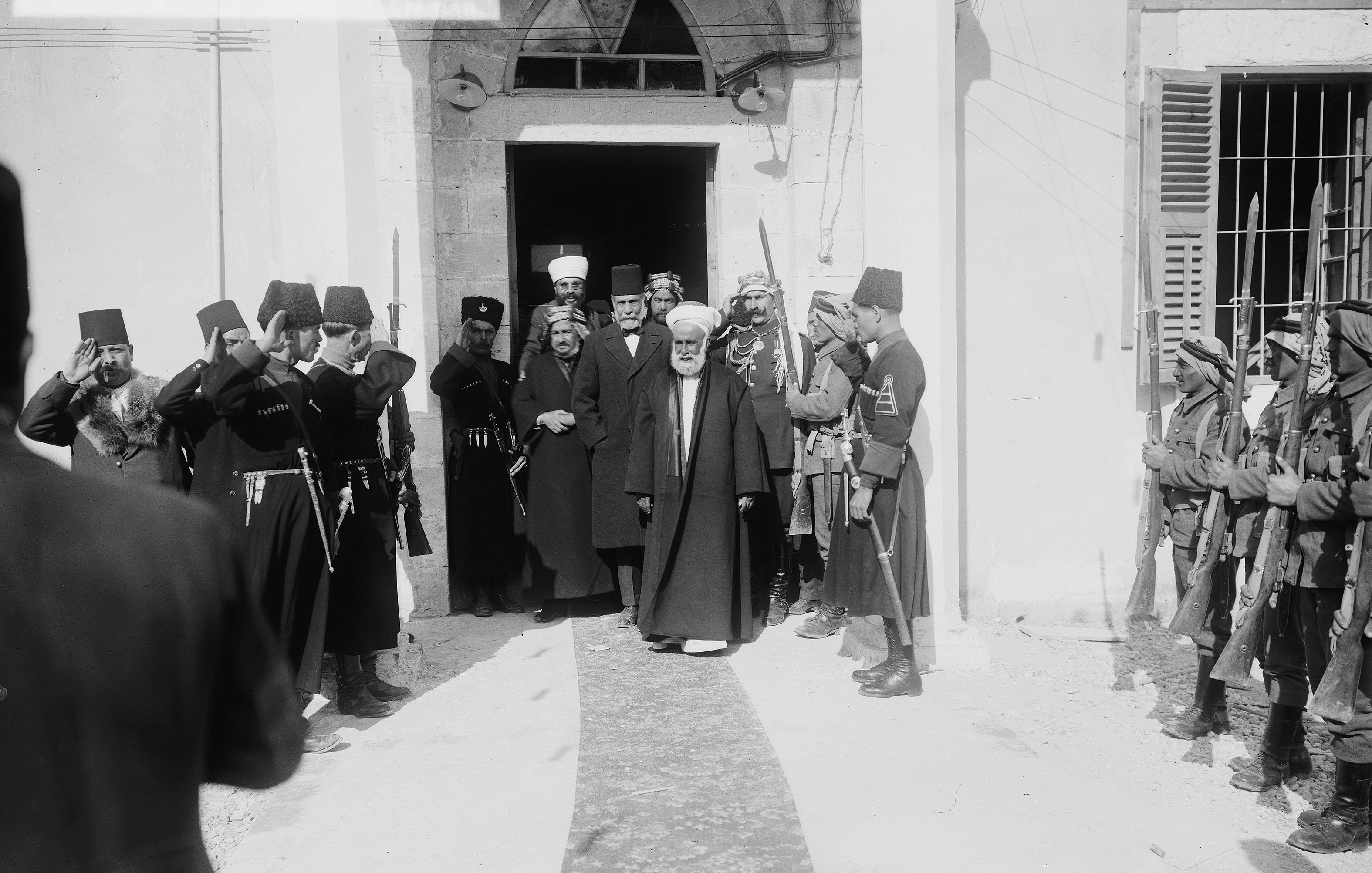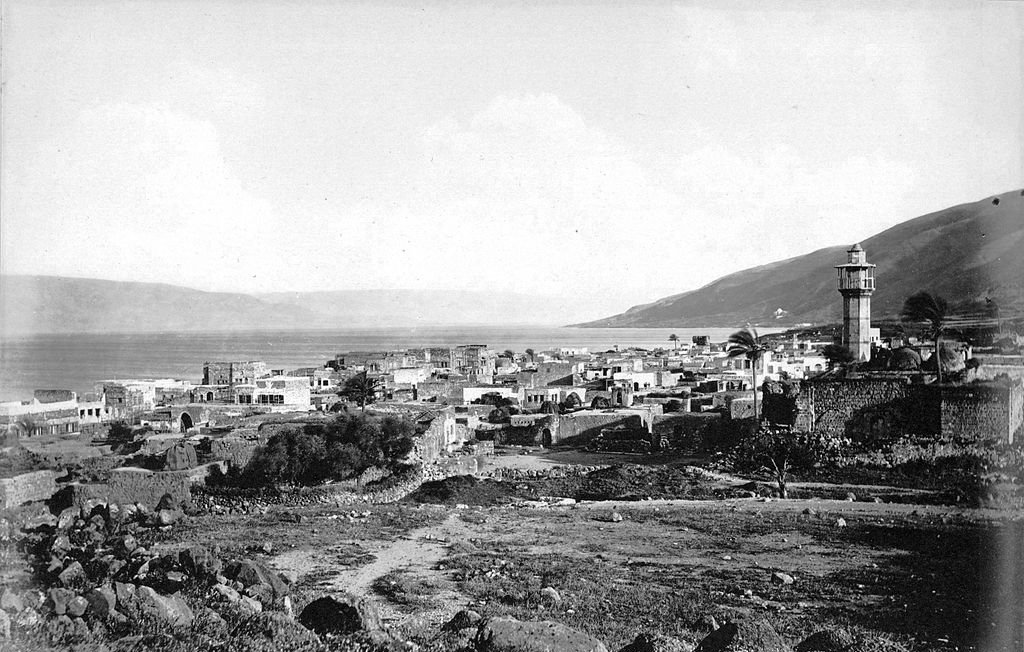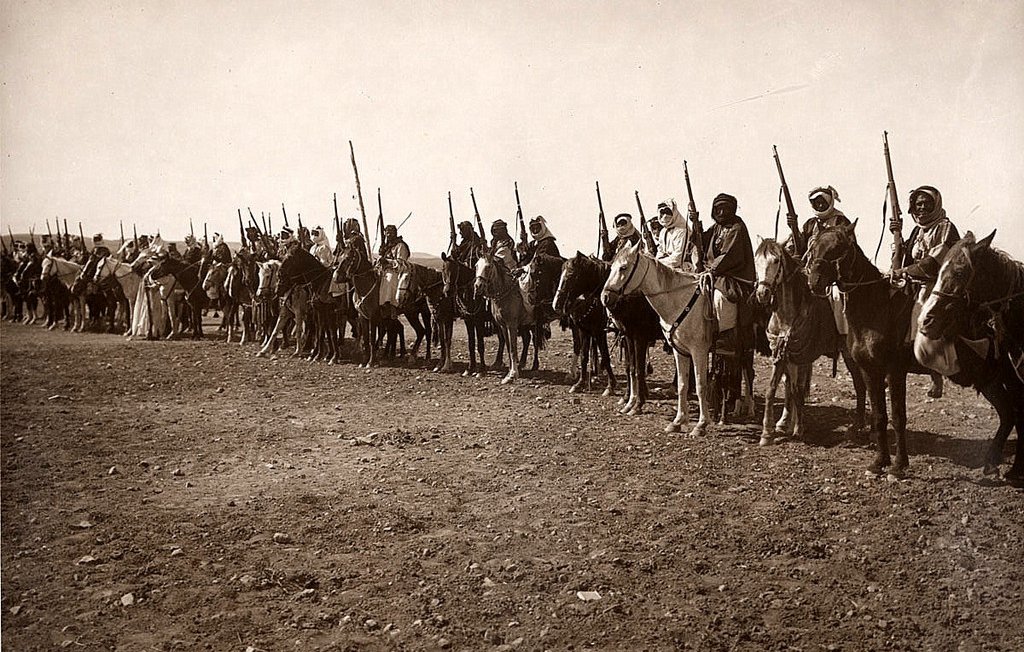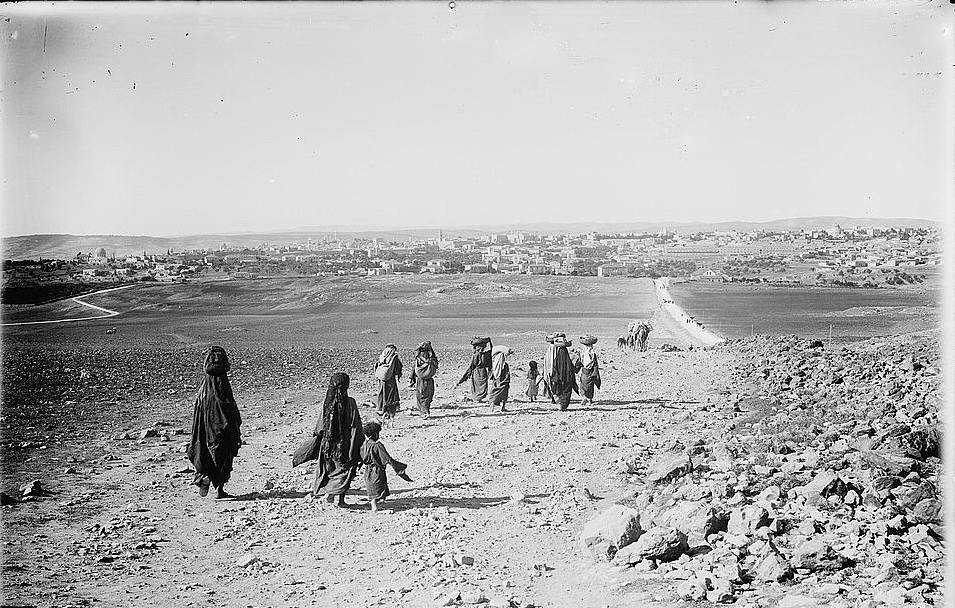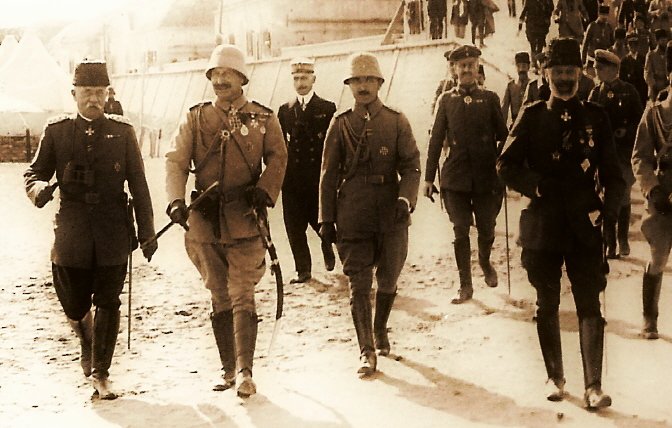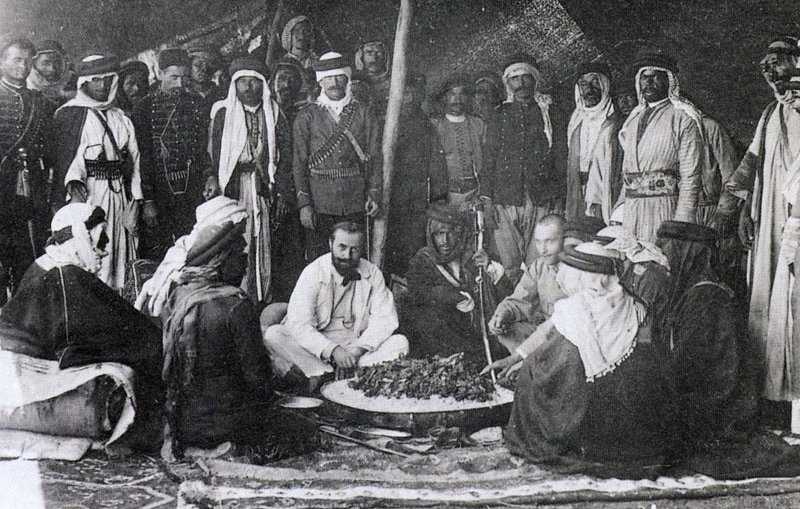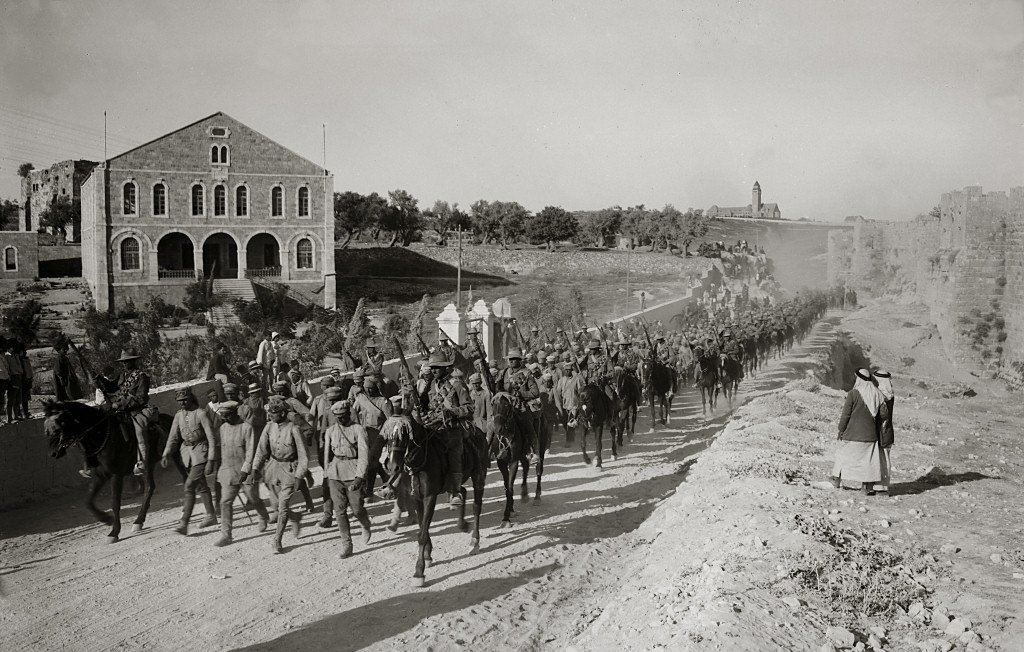

L’Orient dans la guerre (1914-1918)
Théâtre d’opérations quelque peu oublié dans un centenaire très centré sur l’Europe, la région qui s’étend de l’Afrique du Nord au Caucase et aux confins de l’Asie centrale en passant par ce que l’on appelait alors «le Levant» a été bouleversée par la première guerre mondiale. Offensives meurtrières, fronts très étendus et couvrant des immensités désertiques, glaciales ou torrides, catastrophes naturelles et humanitaires, violences extrêmes participent d’hostilités qui ne sont pas encore marquées par le caractère industriel des combats en Europe.
En 2014, Orient XXI a choisi de revenir sur les différentes facettes de la première guerre mondiale, de Marrakech à Erevan, d’Istanbul à Khartoum, de Tripoli à La Mecque.Des historiens issus de zones géographiques différentes et d’horizons historiographiques multiples relatent les événements diplomatiques, politiques, militaires, économiques, et sociétaux. Leurs contributions permettent de comprendre les bouleversements actuels, à l’heure de la remise en cause des frontières issues de la première guerre mondiale et des soulèvements des peuples arabes.
-

-

-

-

-

-

-

-

-

-

One hundred years after the beginning of the (…)

